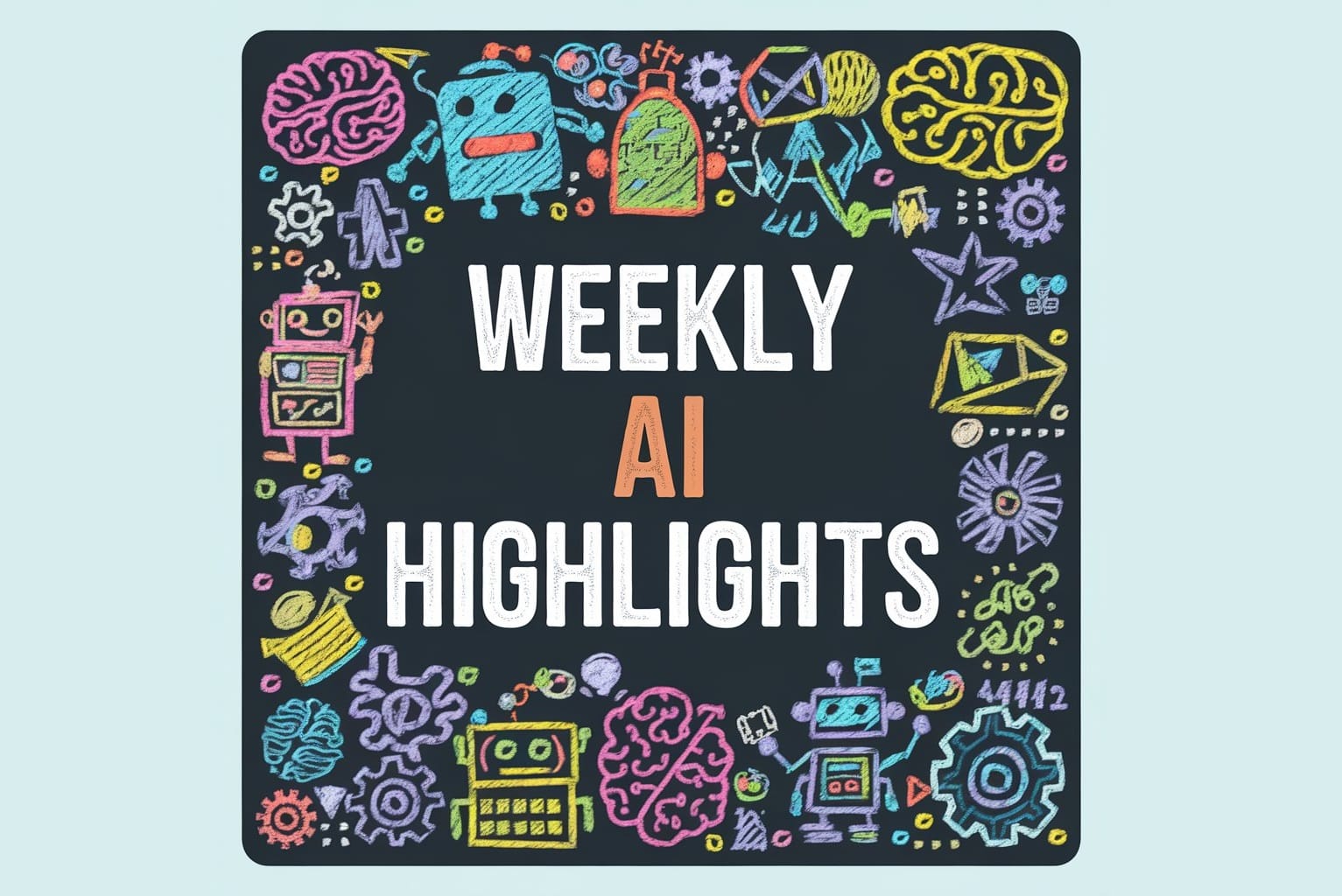We open this week's news digest with a special announcement: we have prepared a highlights recap of the "Accelerating Generative AI with HPE" webinar hosted by Data Phoenix, where speakers Jordan Nanos (Master Technologist, HPE’s North America CTO Office) and Volodymyr Saviak (High Performance Computing Sales Manager in Central Eastern Europe at HPE) offered a comprehensive overview of HPE's offerings, from its scalable, flexible, and cost-effective AI full-stack, to the HPE Machine Learning Platform, a modular software platform that supports customers through the full machine learning lifecycle: data processing and pipelining, model development and optimization, and model deployment and monitoring.
Additionally, we are announcing the availability of complimentary consultations with HPE for webinar attendees in Central Eastern Europe. We invite interested parties to fill out our form to jumpstart the consultation scheduling process. Consultations will take the shape of 30-minute sessions to:
- Analyze your current and planned AI workloads.
- Provide tailored hardware recommendations.
- Run benchmarks for your use case in HPE’s AI Lab if needed.
- Develop a customized budget plan for your AI initiatives.
We look forward to connecting more organizations with a leading provider of AI infrastructure.
This week's highlights
In striking contrast, this week saw the formation of two major partnerships between traditional media companies and providers of AI-powered audio solutions, and a protest against the practices underlying the development of some AI-powered media generation technologies.
The latter event was the unexpected upload of a front end giving access to an early-access version of OpenAI's Sora to Hugging Face. Reportedly, a group of content creators including some members of OpenAI's Sora early access program decided to make the front end available to protest OpenAI's practices while claiming the company was taking advantage of artists by having them perform unpaid labor and using them to "art wash" the company's image without even properly compensating them for their work.
Meanwhile, Canada-based production company IMAX announced it would partner with Camb.ai to experiment with new ways to make its content accessible to more audiences by leveraging the latter's translation and dubbing solutions, starting with high-resource languages. Similarly, Bertelsmann, a leading European media conglomerate, has entered a partnership with ElevenLabs to explore the use of ElevenLabs' AI-powered voice and audio solutions across Bertelsmann companies, with 36 already using ElevenLabs in their production workflows.
Both companies were careful not to reveal too much detail concerning their motivations: IMAX stated that incorporating Camb.ai's technology would enable it to cut costs associated with content localization. In the same spirit, Bertelsmann and ElevenLabs claimed the partnership is not meant to replace any creatives but to empower them to focus on meaningful work.
Other noteworthy headlines this week:
ONEiO joins CGI’s partnership ecosystem bringing increased efficiency in implementing ServiceNow integrations: A key highlight of this partnership is the integration of ONEiO into CGI’s ServiceNow offering, enriching the service portfolio available to CGI’s clients.
Deploying LLMs to any cloud or on-pre, with NIM and dstack: With dstack's latest release, it's now possible to use NVIDIA NIM with dstack to deploy LLMs to any cloud or on-prem—no Kubernetes required.
Anthropic released a new, unified open-source method to connect models with data: Anthropic has open-sourced the Model Context Protocol (MCP), an innovative standard designed to help AI systems break through data silos by providing a universal, secure framework for connecting AI assistants to diverse data sources and enterprise tools.
An Australian university is fighting the risks of AI in exams by reviving ancient traditions: Some educational institutions, like the University of South Australia, are reconsidering the usefulness of oral assessments after facing the challenges of evaluating students using traditional written methods at a time when generative AI can quickly output plausible-sounding prose.
The Allen Institute for AI has released OLMo-2, a new family of fully open-source models: The Allen Institute for AI (AI2) has released the OLMo-2 model family, featuring fully open-source 7B and 13B-parameter models that demonstrate competitive performance against other open-weight models through innovative training techniques and transparency in model development.
Inflection AI recently acquired three AI-focused startups to build its enterprise platform: Inflection has acquired three enterprise AI startups to enhance its enterprise platform's capabilities in automation, data analysis, and communication while shifting its strategy to focus exclusively on enterprise products and moving away from competing in the foundation model market.
ElevenLabs has added a podcast generation feature to its Reader app: ElevenLabs has added a new feature to its Reader mobile app that allows users to generate AI-powered co-hosted podcasts based on any text source they have imported into the app. The GenFM is currently available for iOS Reader app users and will roll out for Android users shortly.
A recent study surfaces inconsistencies in how ChatGPT surfaces publisher content: A recent study by the Tow Center for Digital Journalism revealed that ChatGPT's new search capabilities are unreliable, correctly identifying sources less than 25% of the time, frequently fabricating information, and potentially misattributing or citing plagiarized content from various news outlets.
Qwen with Questions (QwQ) is the latest LLM to leverage the test-time compute technique: Alibaba's Qwen team recently shared a preview of the latest OpenAI o1 rival. QwQ-32B-Preview leverages the test-time compute technique to deliver enhanced math and coding skills. However, the team notes that QwQ struggles with common sense reasoning and nuanced language understanding.
Several Canadian news publishers have filed a lawsuit against OpenAI: Canadian news publishers including the Globe and Mail, the Canadian Broadcasting Corporation, and the Toronto Star have filed a lawsuit against OpenAI, accusing the tech giant of infringing copyright law and unjustly enriching itself at the expense of the plaintiffs and the journalists they employ.
Linkup aims to build a new 'AI-friendly' framework to connect content creators and AI firms: Linkup has tasked itself with an ambitious mission: building innovative infrastructure that allows AI model providers to connect more efficiently with data sources and content publishers while ensuring the latter are properly compensated for their data.







Comments